IPPCAAS scientists revealed the effect of abiotic stress on the plant-mediated interactions between above- and below-ground herbivores
The Innovative Team for monitoring and control of cash crop pests at the Institute of Plant Protection, Chinese Academy of Agricultural Sciences (IPPCAAS), recently published a research paper titled "Salinity stress alters plant-mediated interactions between above- and below-ground herbivores" in the journal Science of the Total Environment . This study reveals salinity stress can alter interactions between the above-ground sap-feeding aphid and below-ground root-chewing feeder on cotton plant.
Turnip moth ( Agrotis segetum ) and cotton aphid ( Aphis gossypii ) are important herbivores of cotton in Xinjiang. Cotton aphids often occur with A. segetum larvae on cotton and are routinely found on the same plant. However, it remains unknown whether infestation of A. segetum larvae have any impact on A . gossypii . Soil salinization is severe in Xinjiang, during root or stem feeding, A. segetum larvae usually introduce salt from the soil into the plant wounds. It is also unclear how the abiotic stress affects the interactions between A. segetum and A . gossypii .
In this study, the authors determined A. gossypii fitness on un-infested and A. segetum -infested cotton plants, and further examined the performance of A. gossypii on A. segetum -infested cotton plants in the presence or absence of salinity stress. They also deciphered the molecular and biochemical mechanisms of the underlying plant stress response, assessed the extent to which different plant metabolites affect aphid performance. The results showed that concurrent A. segetum root feeding and salinity stress favor the development of A. gossypii through an accumulation of amino acids (i.e. valine) in cotton leaves, while these phenomena are absent when cotton plants are subject to root herbivory in the absence of salt stress. Their work provides scientific basis for further analysis of population status succession rules of cotton insect pests in Xinjiang and innovative development of green prevention and control strategies of cotton pests.
This research was financially supported by the National Key Research and Development Program of China (2022YFD1400300) and Agriculture Research System of China of Ministry of Finance and Ministry of Agriculture and Rural Affairs (CARS-15-19).
More details can be found at the link below:
https://doi.org/10.1016/j.scitotenv.2024.173687
By LU Yanhui
Email: luyanhui@caas.cn
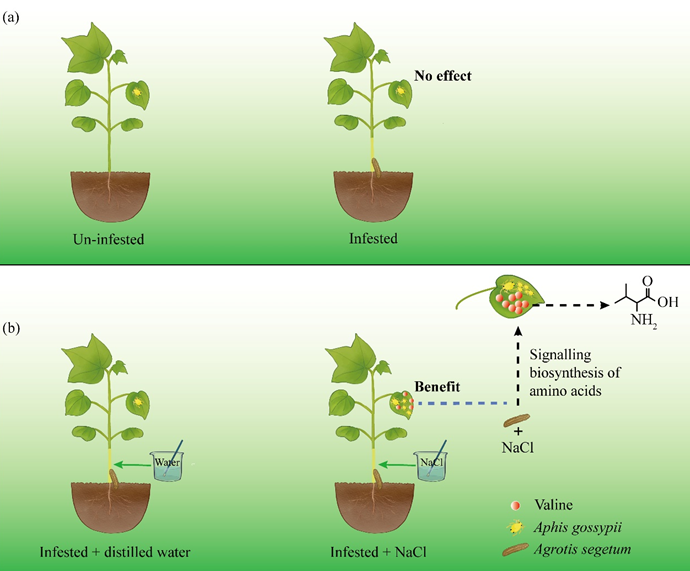
-
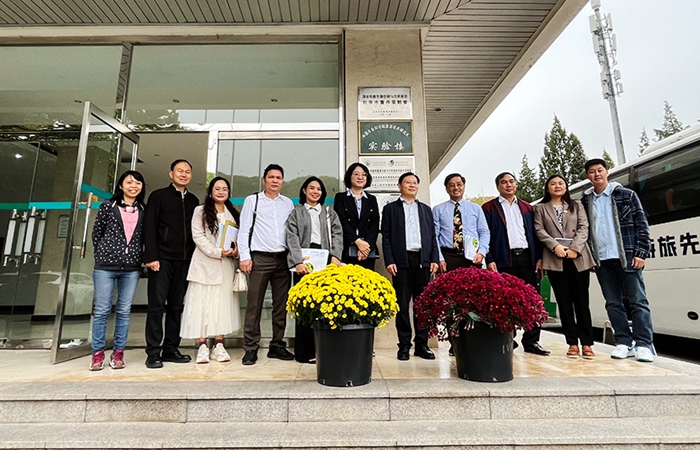 Dec 04, 2024Vietnamese Delegation Visited the Institute of Vegetables and Flowers
Dec 04, 2024Vietnamese Delegation Visited the Institute of Vegetables and Flowers -
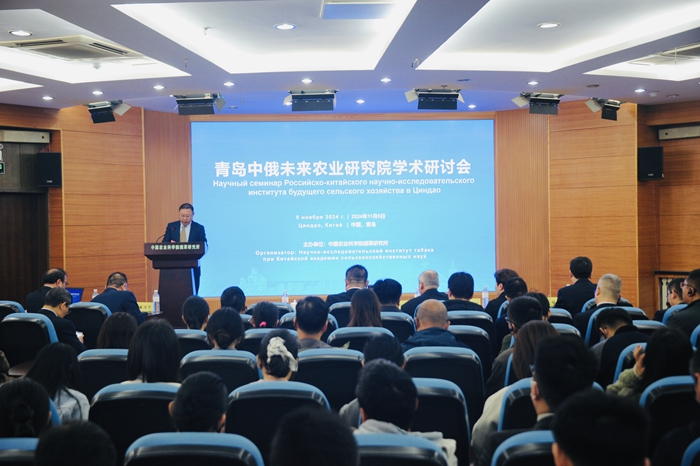 Dec 04, 2024Symposium of Qingdao Sino-Russian Future Agricultural Research Institute Successfully Held
Dec 04, 2024Symposium of Qingdao Sino-Russian Future Agricultural Research Institute Successfully Held -
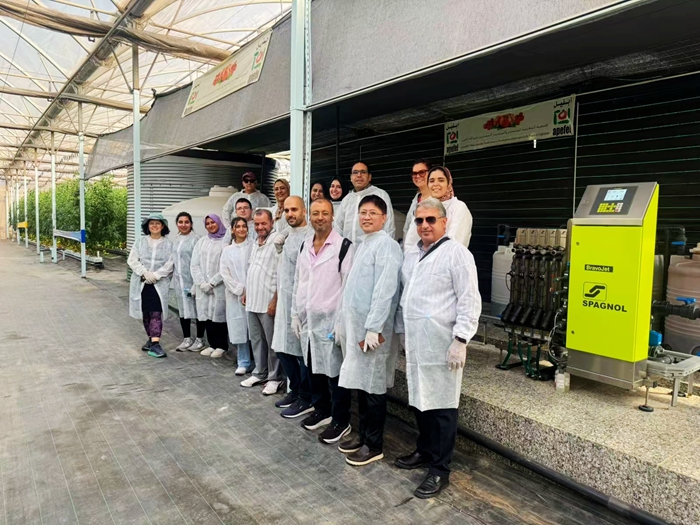 Dec 04, 2024IAED-CAAS Delegation Attends the Second Annual Conference of the Consortium for Research, Development, and Innovation in the Souss Massa Region, Morocco
Dec 04, 2024IAED-CAAS Delegation Attends the Second Annual Conference of the Consortium for Research, Development, and Innovation in the Souss Massa Region, Morocco -
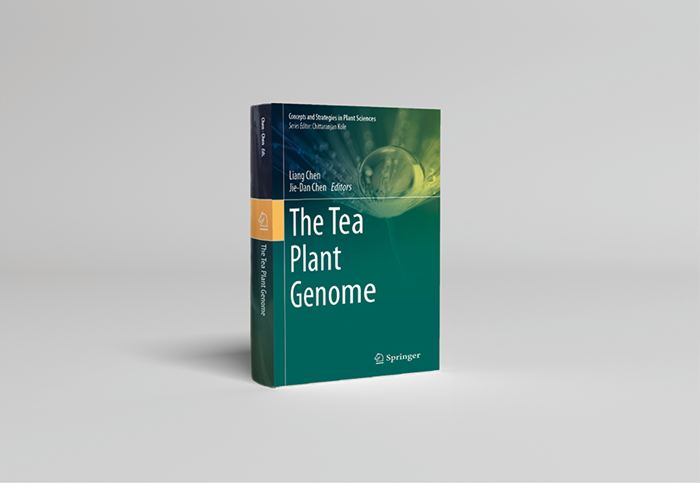 Dec 04, 2024New Book on Tea Plant Genome Released by TRI CAAS
Dec 04, 2024New Book on Tea Plant Genome Released by TRI CAAS -
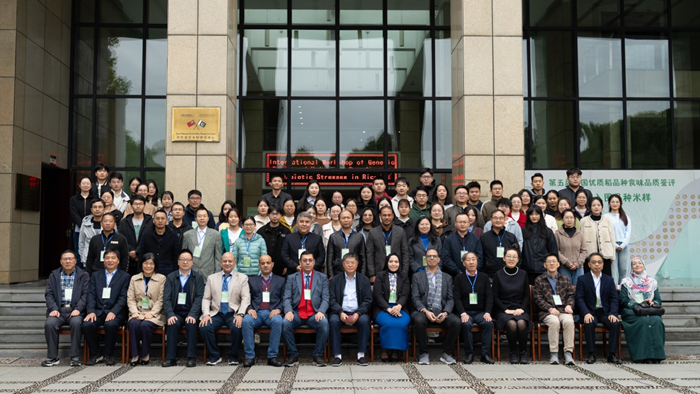 Dec 04, 2024CNRRI Hosted International Seminar on Genetic Basis and Molecular Breeding of Abiotic Stress in Rice
Dec 04, 2024CNRRI Hosted International Seminar on Genetic Basis and Molecular Breeding of Abiotic Stress in Rice
